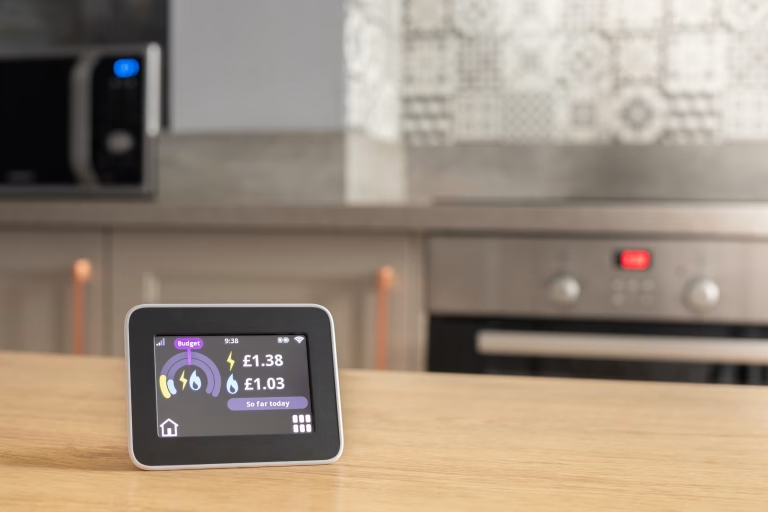Tariff Interoperability Project
Tariff Interoperability Project
Tariff Interoperability Project
What is the Tariff Interoperability Project?
The Tariff Interoperability Project supports the delivery of the government’s Smart Secure Electricity Systems (SSES) Programme by enabling Energy Smart Appliances (ESAs) to access and respond to time-of-use and dynamic tariffs through a standardised interface.
This will make it easier for consumers to benefit from flexible energy services and reduce energy costs.
The project focuses on implementing a Tariff Data Specification (TDS) and supporting API infrastructure, allowing third parties—to retrieve structured tariff data directly from energy suppliers.

What is RECCo’s role?
Why is the project needed?
Many ESAs cannot reliably access tariff information, making it harder for consumers to benefit from automated, cost-saving energy management. Manual input into apps or devices is often required, limiting the uptake and accessibility of flexibility services.
The project will create a consistent, machine-readable data interface that will:
- Enable automated ESA behaviour (e.g., EV charging, heat pump operation) based on real-time pricing
- Help consumers save money and reduce their carbon footprint
- Enable interoperability across suppliers and platforms
- Improve transparency and trust in the smart energy market

What do stakeholders need to know?
The project will deliver the Tariff Data Specification (TDS), which includes:
- API Specifications: Defining what data must be shared, in what format, and how it will be made available to third parties for tariff optimisation
- API Governance: Including information on API access rules, quality and performance standards, and data compliance requirements
The TDS will be introduced into the Retail Energy Code (REC) following a consultation planned for mid- to late 2025.
Who will use the service?
- Energy Suppliers to publish tariff data via the standardised API
- Third Parties to access and use tariff data for energy optimisation—
- Consumers to benefit from automated energy use through smart appliances
How will it benefit the industry?
- Reduces duplication and complexity by standardising data exchange between suppliers and third parties
- Lowers integration costs and enables scalable, interoperable services
- Improves regulatory compliance and accelerates decarbonisation by improving transparency and reducing friction
What’s the delivery timeline?
- September 2025: TDS solution design completed and proposed REC changes drafted
- Mid to late 2025: Consultation on REC changes
- Early 2026: Final requirements introduced into the REC
- Late 2026 to early 2027: Suppliers required to comply with new obligations
Tariff Interoperability Arrangements Consultation
The Smart Secure Electricity Systems (SSES) programme has published a consultation on Tariff Interoperability (TI). Proposals for TI have been developed as part of the SSES Programme within the Department for Energy Security and Net Zero (DESNZ). DESNZ leads this consultation in collaboration with the Retail Energy Code Company (RECCo).
The TI Arrangements will introduce an obligation on Electricity Suppliers to make pricing data available in a standardised format. This is an important government-led initiative that will make it easier for electricity customers to participate in consumer-led flexibility by automating the connection of Energy Smart Appliances (ESAs) to price signals. This will enable consumers to save money on their electricity bills.
How to respond
You can find the consultation documents linked below, including the proforma response document.
Please submit your responses by 20 January 2026 to:
Related news
Useful links
- Consultation Proforma
- Letter & Annex A: Consultation Questions
- Annex B: Policy Overview
- Annex C: Draft Electricity Supply Standard Licence Condition Changes
- Annex D: Draft Retail Energy Code Tariff Interoperability Arrangements Schedule
- Annex E: Draft Tariff Interoperability API Technical Specification and Energy Market Data Specification Changes
- Annex F: Standards Definition Document
- Annex G: Implementation Timeline
Get involved
Are you a supplier, optimiser, or ESA manufacturer? Want to shape the TDS or API standard? Join the Tariff Interoperability Working Group (TIWG) by contacting us at committees@recmanager.co.uk




